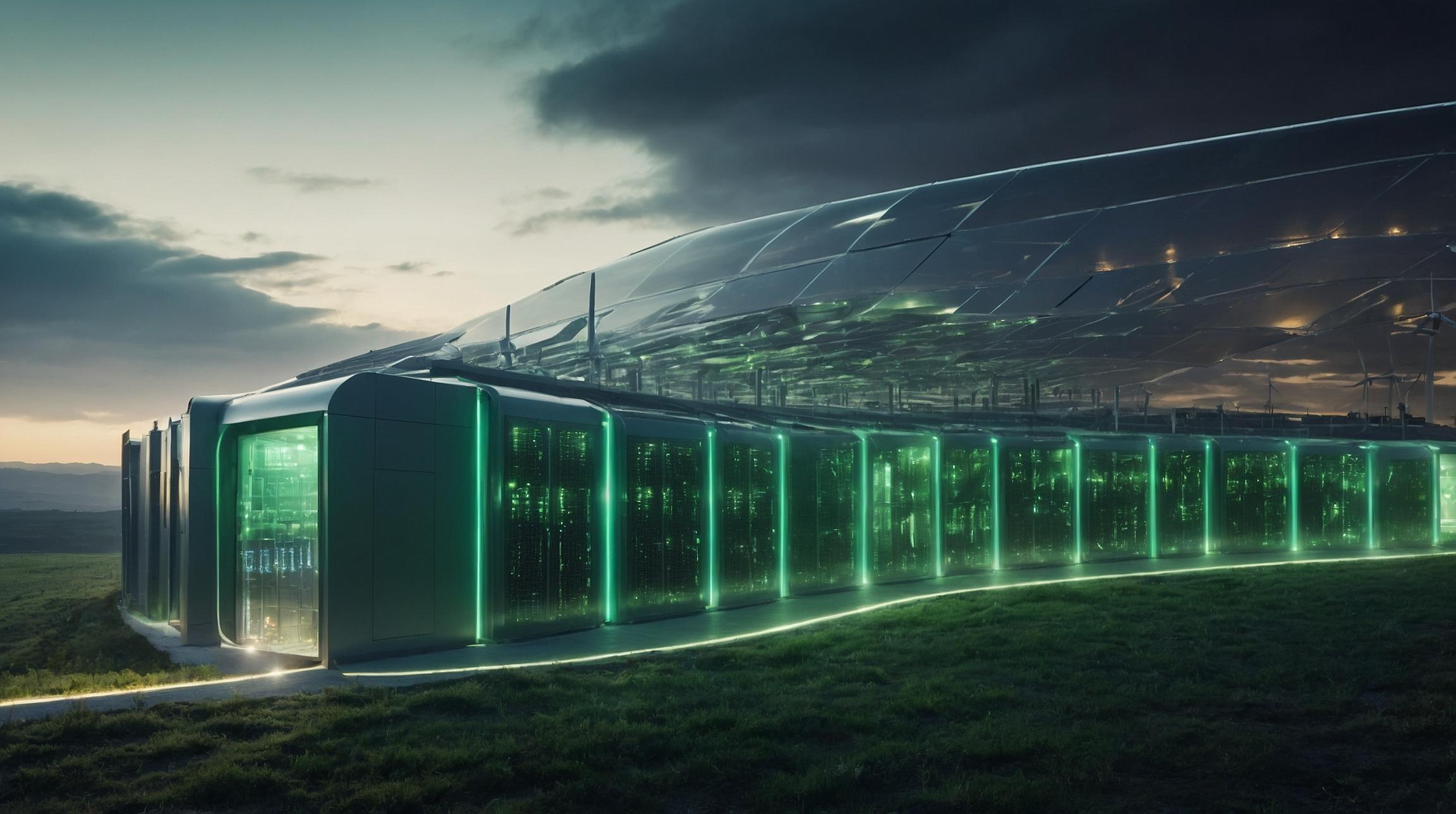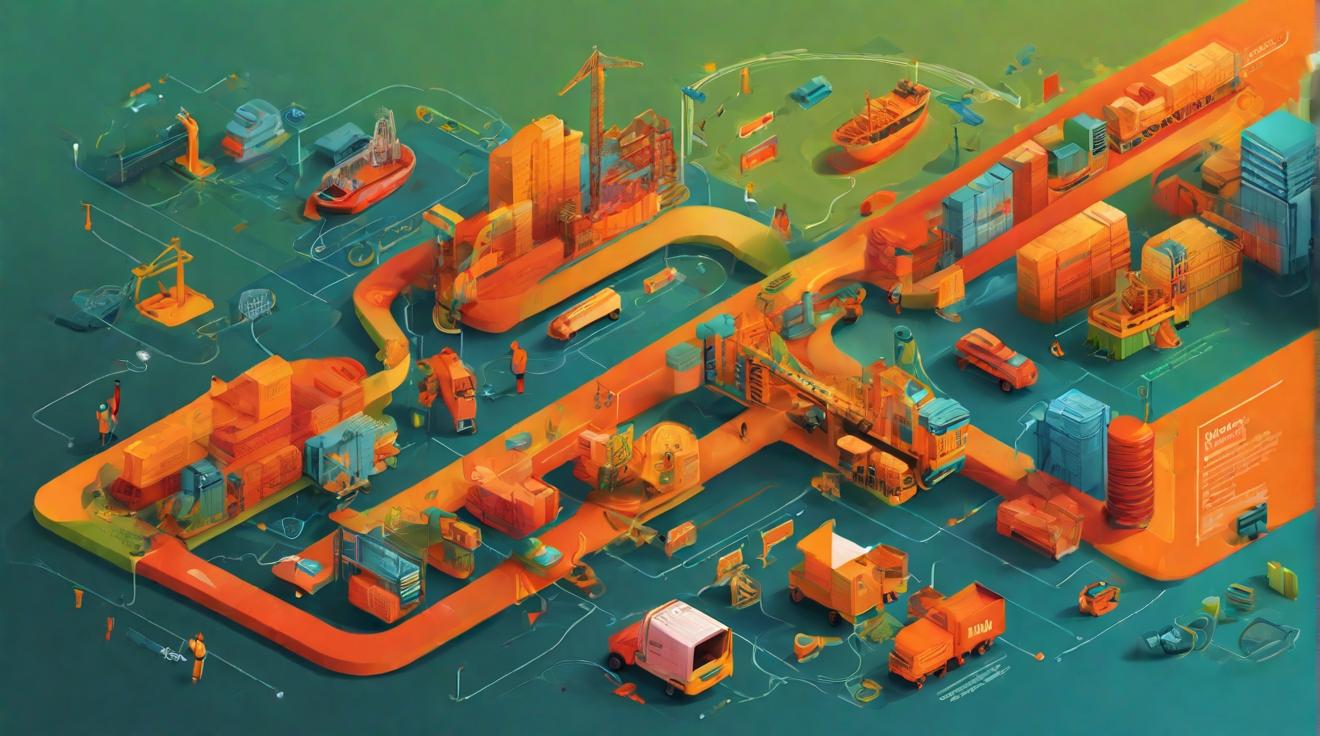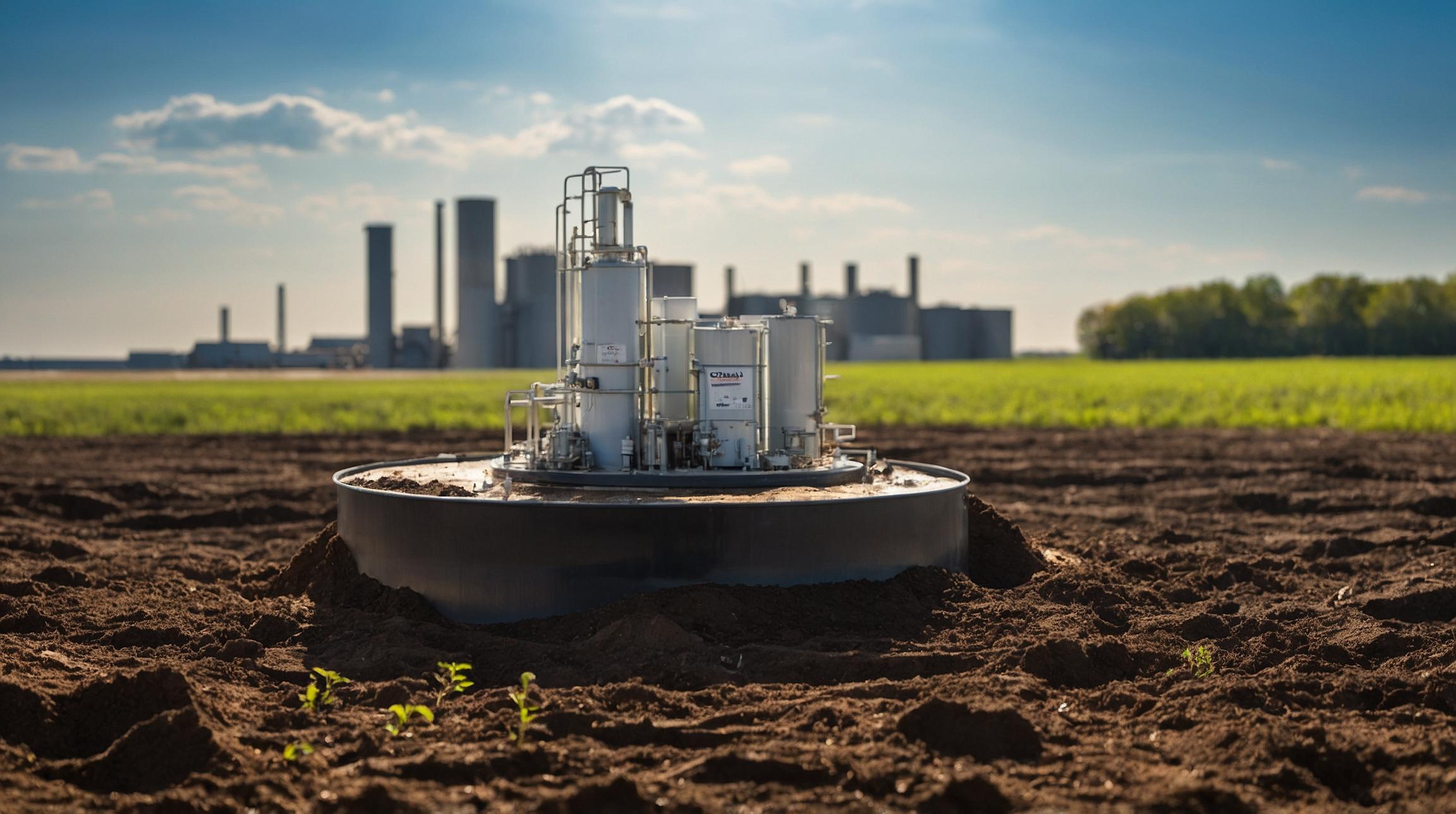Understanding Artificial Intelligence and Energy Consumption
Artificial intelligence (AI), a revolutionary technology, has transformed how we interact with machines and data. However, one critical aspect often overlooked is the energy requirement. For instance, every time you use a chatbot like ChatGPT, it consumes nearly ten times more electricity than a typical Google search. This raises significant environmental concerns due to the increased carbon footprint associated with higher energy use.
Why Does AI Consume So Much Energy?
AI systems use complex algorithms to process and analyze large datasets. This requires significant computational power, similar to how a car engine needs fuel to run. Just like more fuel is needed for a larger vehicle, more energy is required for AI tasks involving enormous data and intricate computations.
Example:
Imagine the difference between cooking a simple meal versus preparing a banquet. The latter involves more ingredients, time, and effort. Similarly, AI processes are more intensive than basic computational tasks.
Concerns Over Pollution and Sustainability
The extensive energy consumption leads to increased emission of greenhouse gases, contributing to climate change. Data centers that host AI systems rely heavily on electricity, which often comes from non-renewable sources like coal or natural gas, intensifying the environmental impact.
Efforts to Mitigate Environmental Impact
To address these concerns, industries are exploring more sustainable practices, such as:
- Switching to renewable energy sources: Many companies are investing in solar and wind energy to power data centers.
- Improving AI efficiency: Developers work on optimizing algorithms to perform computations with less energy.
- Carbon offset initiatives: Some tech giants are engaging in activities like tree planting to compensate for their carbon emissions.
In summary, while AI like ChatGPT offers innovative solutions, its energy demands pose challenges that require balanced approaches to ensure technological advancements are environmentally sustainable.













